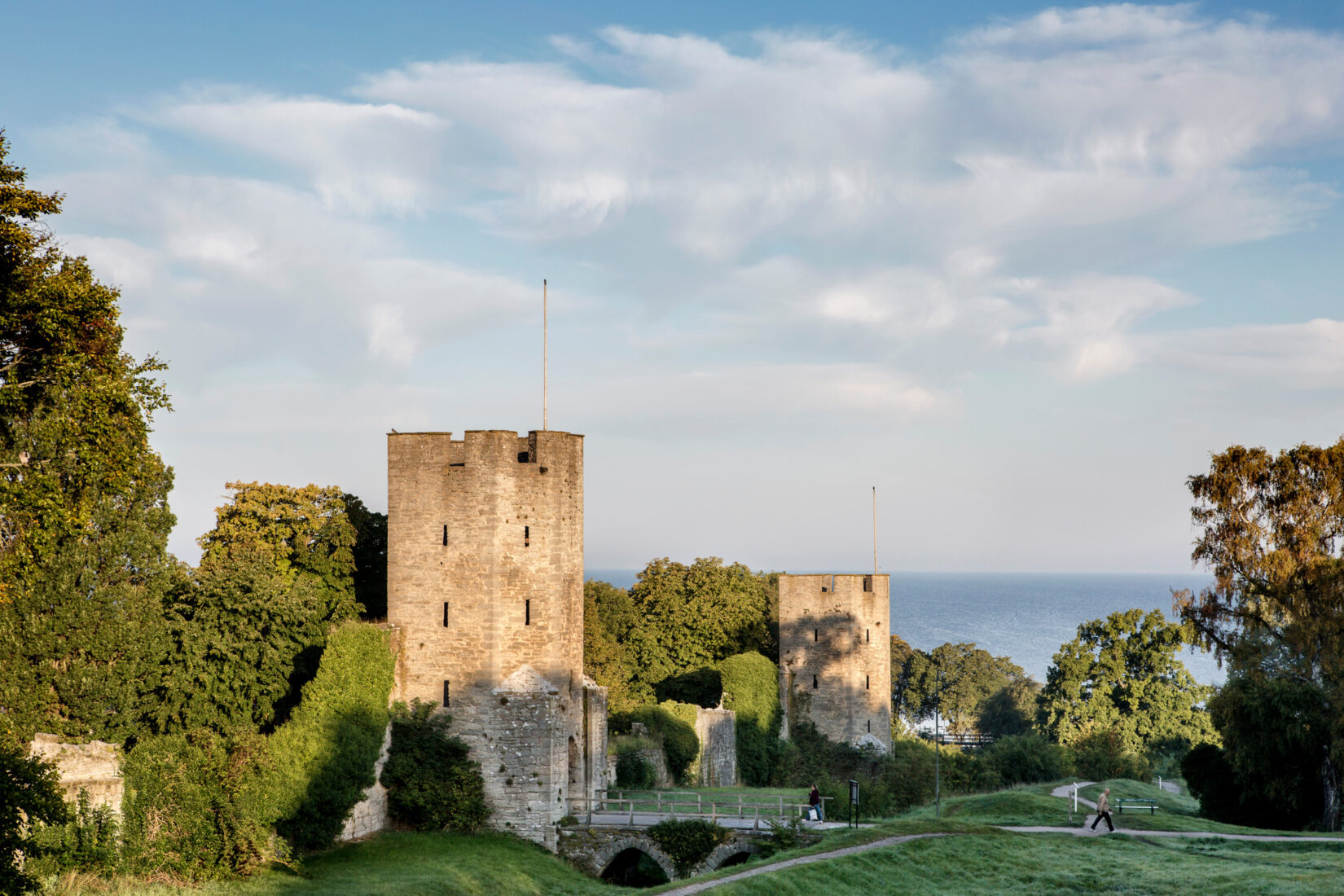“The Swedish presidency of the EU Strategy for the Baltic Sea Region concluded with two inspiring days in Visby, Gotland. The interaction among representatives from the eight member states of the strategy stimulated new ideas for cooperation within the strategy, and the meeting was characterized by a strong presence of Ukraine through discussions on initiatives on how the strategy can support Ukraine in the current situation and in view of the reconstruction,” says Camilla Wristel, programme manager at the Project Support Unit.
Discussions on how to engage civil society, youth organizations and businesses
During the final meeting, discussions were held on how to further develop the work within the strategy. This included a panel discussion on engaging civil society, youth organizations, and businesses in the implementation of the strategy.
According to Johan Magnusson, Team leader at the Directorate General Regional and Urban Policy, European Commission, EU:s macro-regional strategies don’t only work FOR but also WITH and in cooperation with the youth and the civil society. He says this is in the heart of the EU cohesion policy
Hybrid format workshop on cooperation with Ucraine
During the final meeting, hybrid format workshops were also held with more than 50 persons participating online from the Baltic Sea region and Ukraine. Key actors within the EUSBSR and Nadija Afanasieva, Director of the Ukrainian Institute for International Politics, participated on-site in Visby. She specifically emphasized the role of macro-regional strategies in promoting sustainable cooperation between Ukraine, the Baltic Sea region, and the Danube region, as well as the importance of macro-regional strategies as a tool for European integration.
-We believe that new initiatives for cooperation will evolve from these workshops, says Camilla Wristel.
A new initiative – non-formal education and civil protection
During the final meeting, an ongoing collaboration between the Swedish Civil Contingencies Agency (MSB) and Ukrainian civil society organizations was presented. Since the full-scale invasion of Ukraine, MSB has been supporting Ukraine with medical instructor training. This cooperation has also had other results. At a conference in December 2022, organized by the Swedish presidency and Swedish Institute (SI), a new initiative for cooperation was developed, and the project has recently been granted support by SI. The new project will assist Ukrainian non-formal education initiative “Vovchok” school in establishing a Civil Protection Faculty using BSR experience in non-formal education (folkbildning) and civil protection. The project will be led by Council of the Baltic Sea States (CBSS). Within the framework of the project, a network of actors in the Baltic Sea region will be built to assist and collect best practices from Baltic Sea countries regarding tactical and emergency medicine, mine safety, psychological resilience and democratic citizens engagement.
The meeting was concluded with the Swedish presidency handing over to Latvia, which will take over the presidency of the EUSBSR on July 1.
Facts:
The Swedish Institute has supported the Swedish Prime Minister’s Office in the arrangement of the three meetings that have taken place during the Swedish presidency of the EUSBSR. Among other things, a conference was co-organized on December 8, 2022, which aimed to explore how macro-regional strategies can promote new sustainable cooperation that include Ukrainian stakeholders. Read more here.
